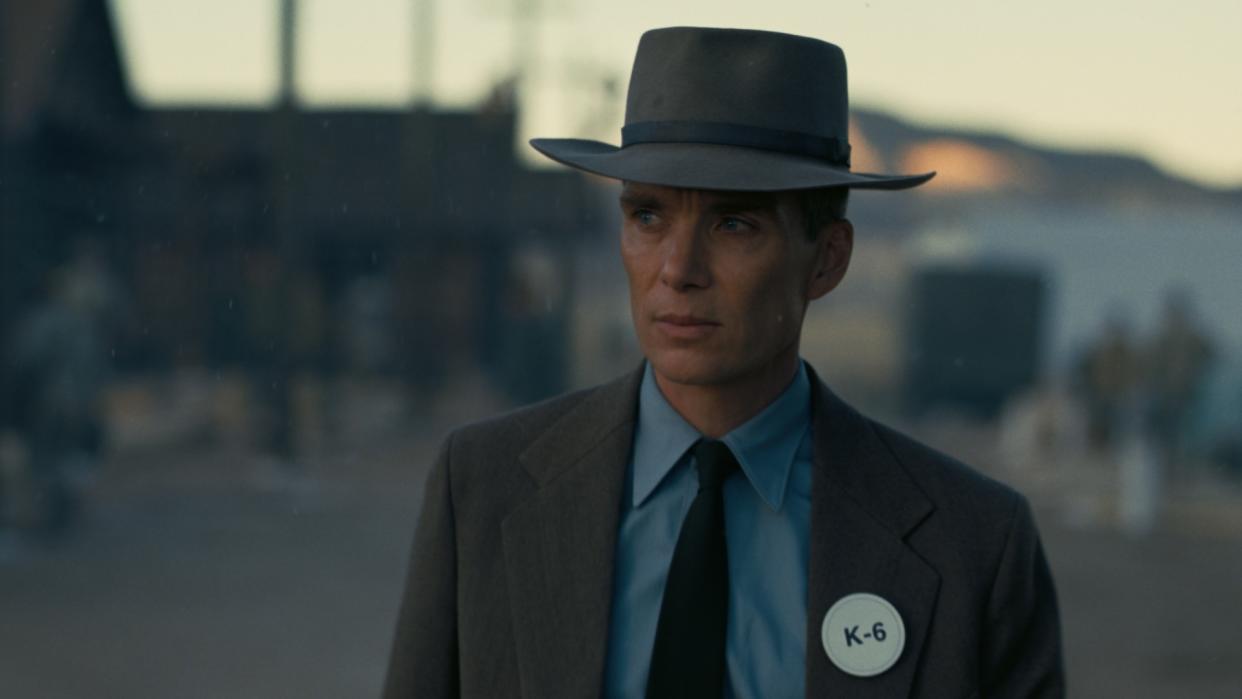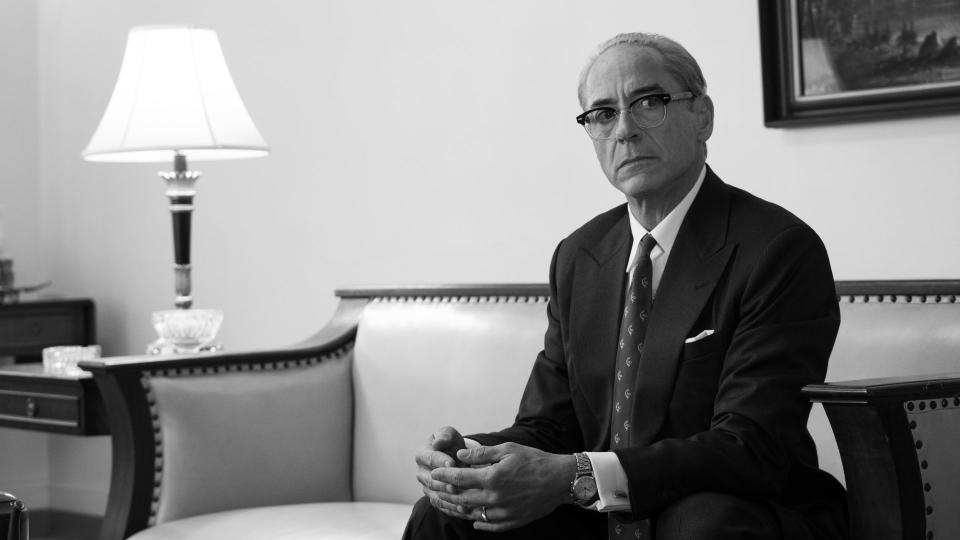Oppenheimer review: "Christopher Nolan firing on all cylinders"

Not for the first time, David Bowie knew the score. Back in The Prestige, his Nikola Tesla warned Robert Angier about the high cost of his revolutionary fixations. Elsewhere in Christopher Nolan’s filmography, the Joker saw that Batman’s eccentric approach to reducing crime rates might change things – ‘forever’.
Obsession, escalation, consequence… For his 12th feature, Nolan invests his long-standing fascinations with immense real-world weight in the service of a rare thing, a copper-bottomed auteur film from a director still able to greenlight such projects on a vast scale. Part first-person psychological drama, part historical enquiry, part courtroom drama, Oppenheimer is a colossal achievement: an old-school epic executed with blockbuster verve, sparking with ideas-rich, dialogue-driven substance.
We first see J. Robert Oppenheimer (Cillian Murphy) in the rain, gaunt and haunted. Swiftly, periods of his life criss-cross like ripple effects. Between his student years and the '50s hearings where he is accused of Communist sympathies, his unorthodox ambition to bring peace to wartime with the bomb changes the world (forever).

Reauthoring biopic conventions, Nolan’s interest in splintered psyches holds firm. Ambitious and ambiguous, a never-better Murphy plays Oppenheimer as magnetically complex, humanised beneath his iconic hat. Yet this is no one-man show. Robert Downey Jr. is brashly brilliant as Oppie’s opponent Lewis Strauss (chairman of the Atomic Energy Commission), Matt Damon subtle as Manhattan Project director Leslie Groves. Emily Blunt imbues Oppenheimer’s wife Kitty with contained force, while Florence Pugh brings bite to psychiatrist Jean Tatlock, his sometime lover.
Nolan’s flair for integrating story, style, and subtext ensures the bulging cast and multi-stranded plot never break the film’s back. Eliding eras, he favours experiential immersion over a docu-style chronological approach. DoP Hoyte van Hoytema’s uses of colour and glistening black-and-white elegantly juggle viewpoints, with dazzling visuals evoking Oppenheimer’s quantum-fired mindset. Cut tight, the narrative merges grim inevitability with tension, retrospection with ticking-clock intensity. Ludwig G?ransson’s lush, ominous score binds the extremes immaculately.
With espionage subtexts and gallows humour also interwoven, the film’s cumulative power is matched by the potency of Nolan’s questioning. Possibly the most viscerally intense experience you’ll have in a cinema this year, the Trinity test in particular arrives fraught with uncertainty. Might the test inadvertently spark the world’s end? Well, it didn’t - yet. Even as Oppenheimer grips in the moment, Nolan ensures the aftershocks of its story reverberate down the years, speaking loudly to today.
Oppenheimer is in UK and US cinemas from July 21.
